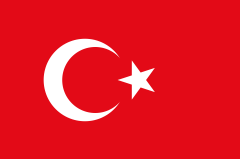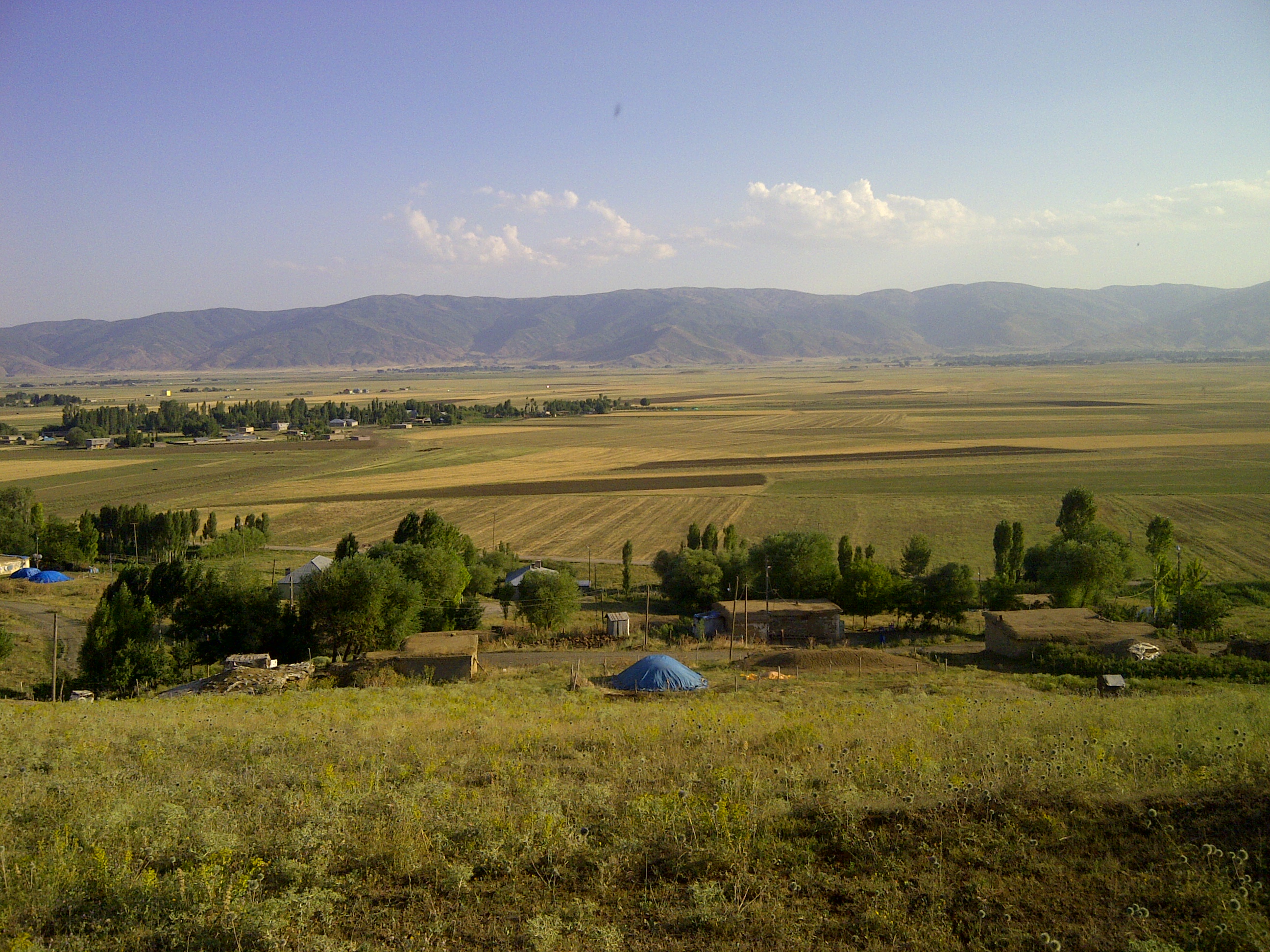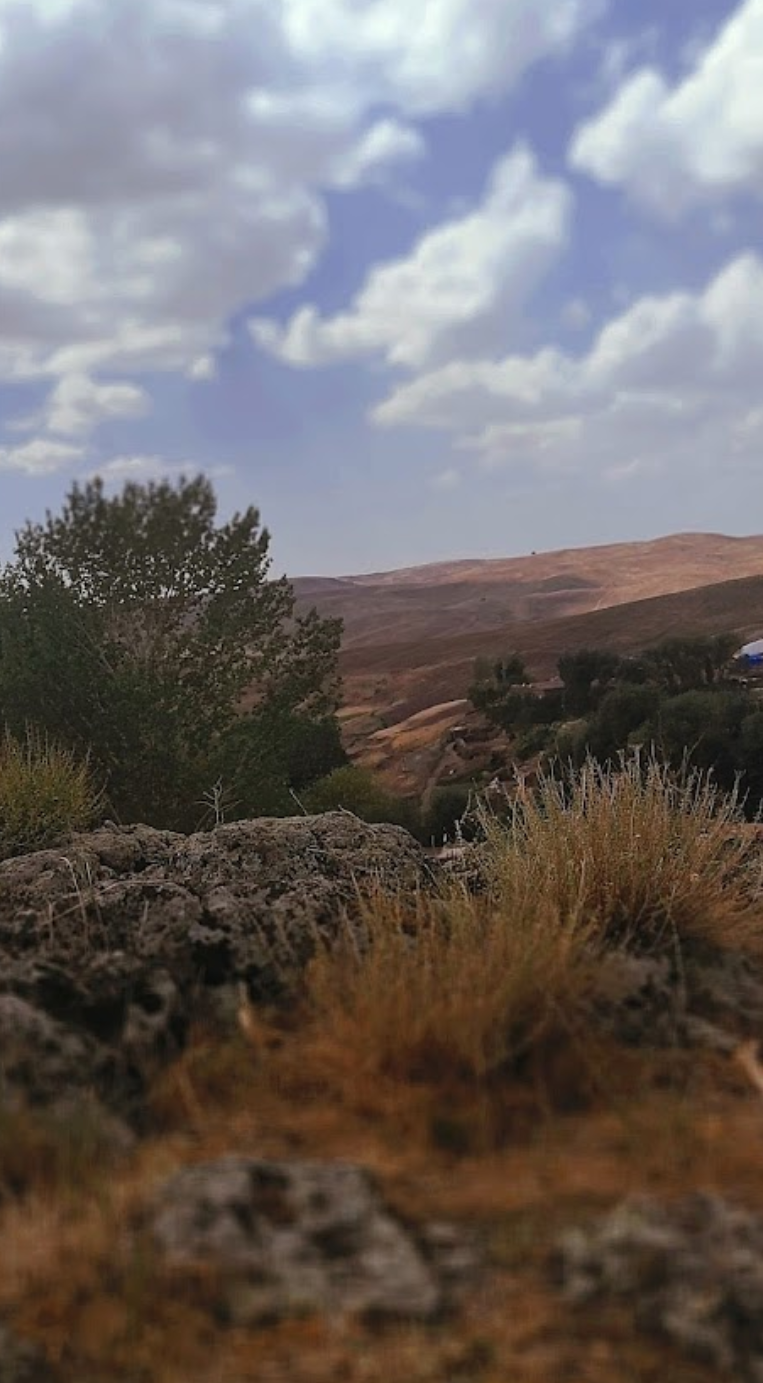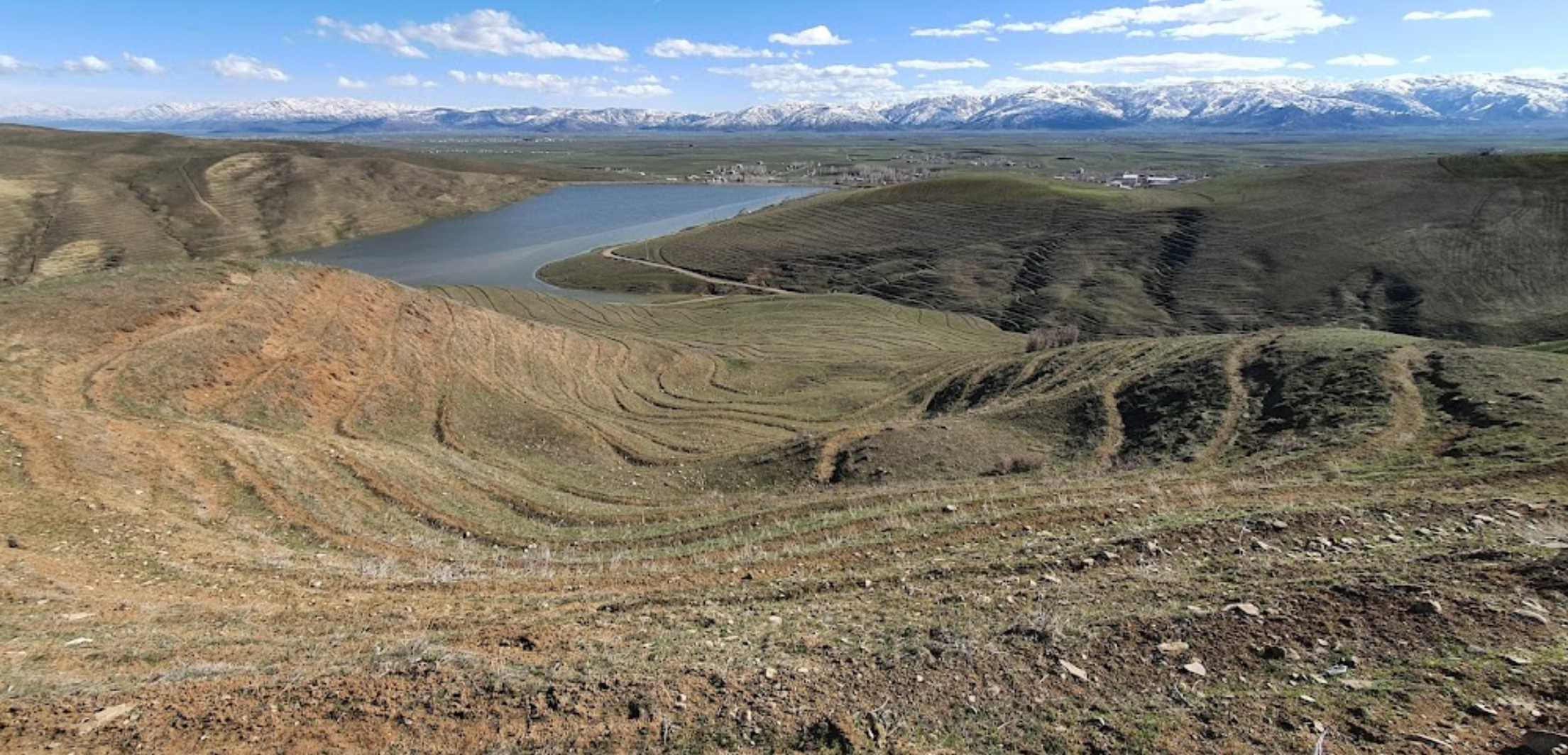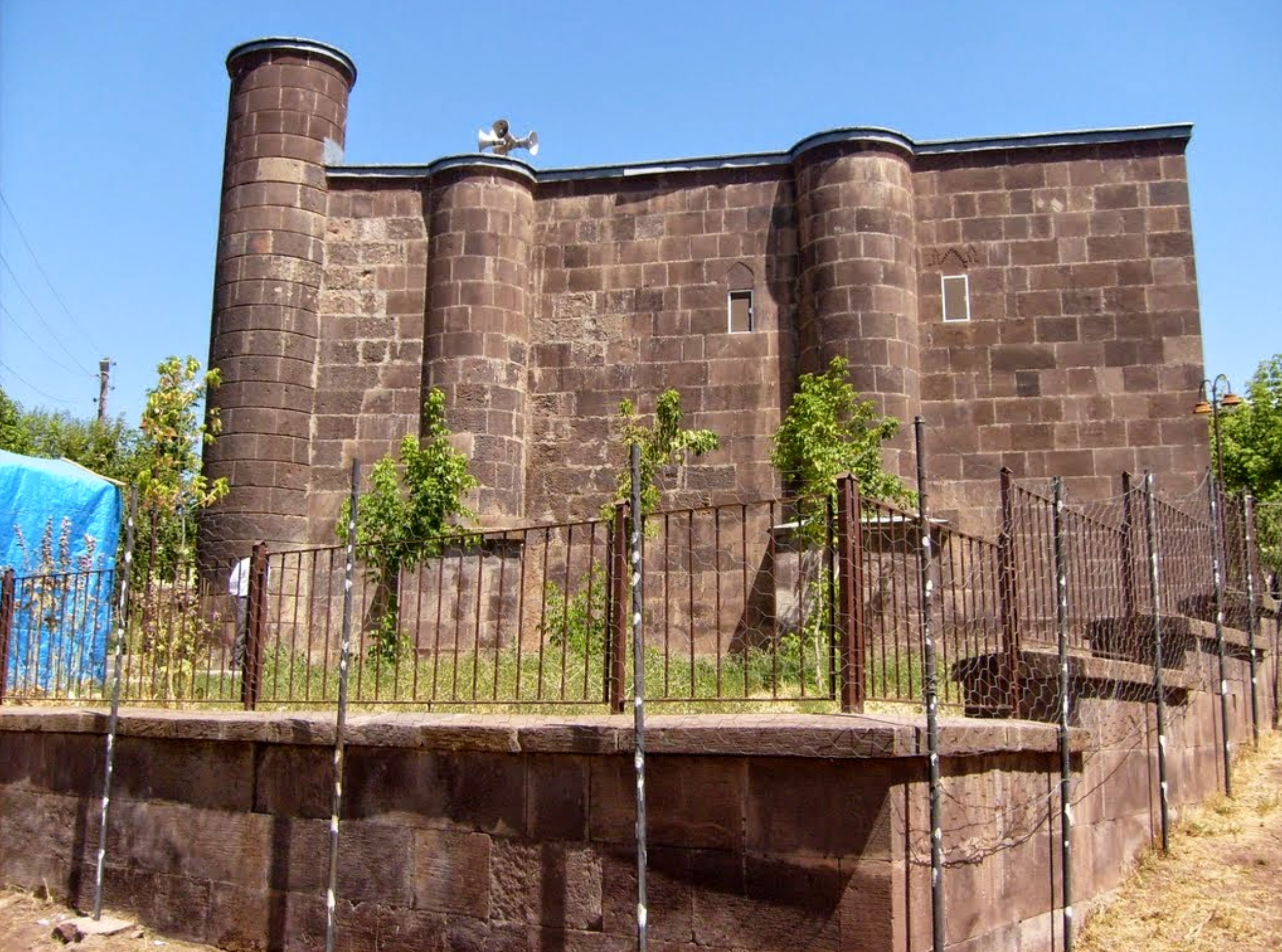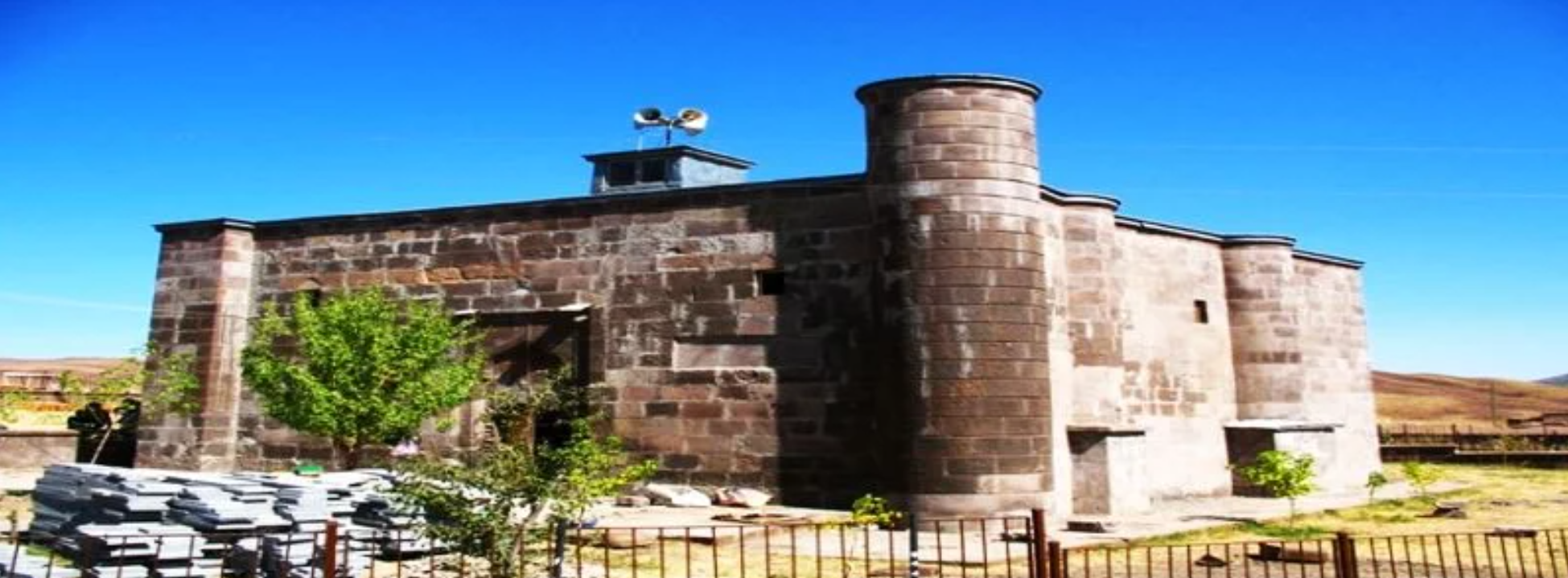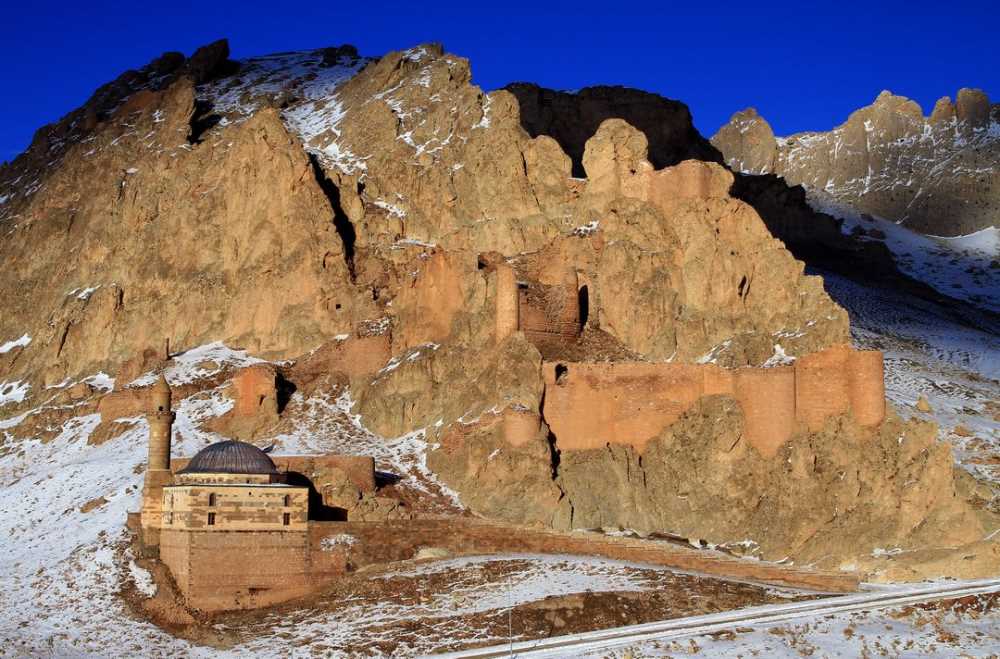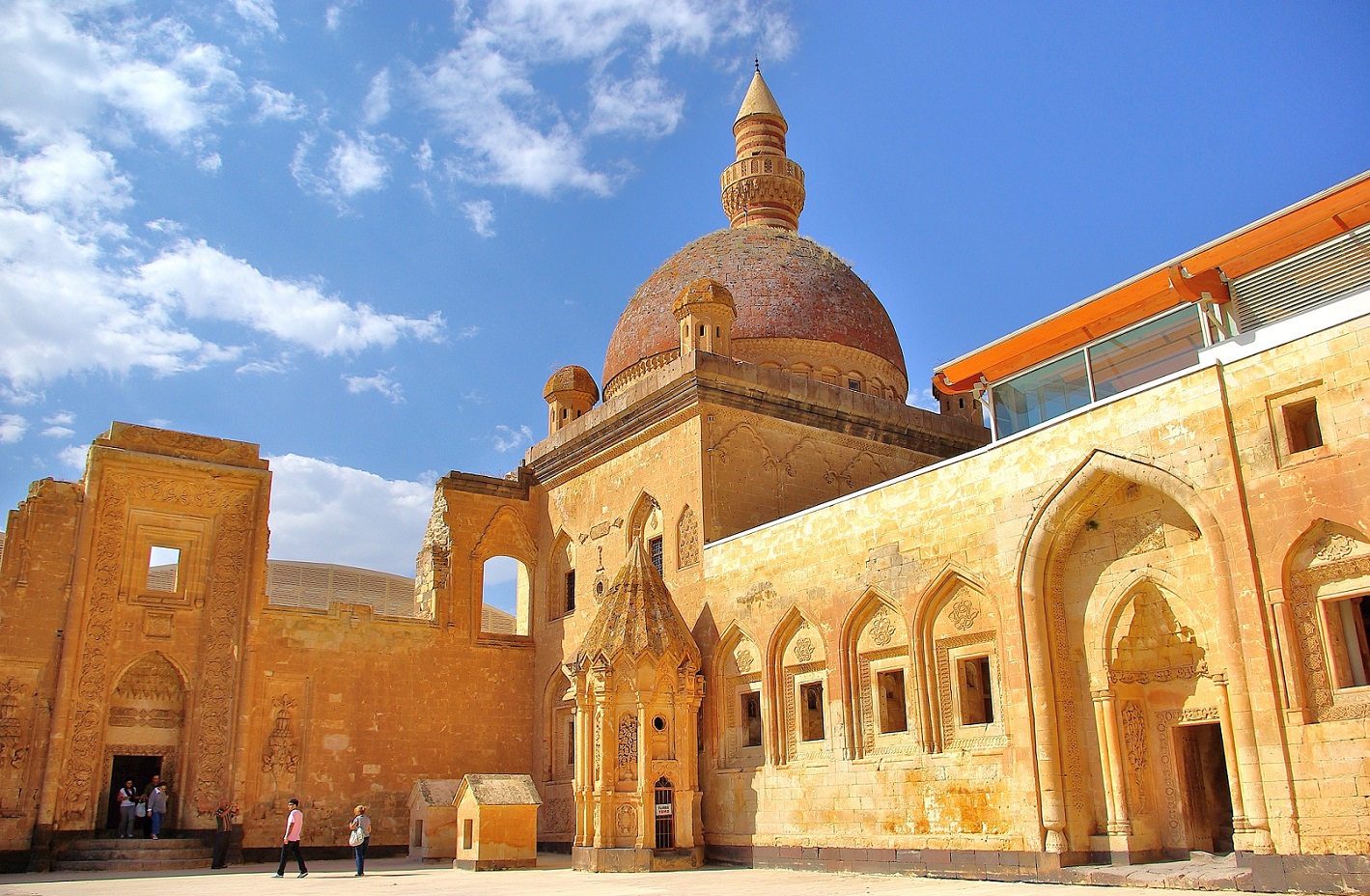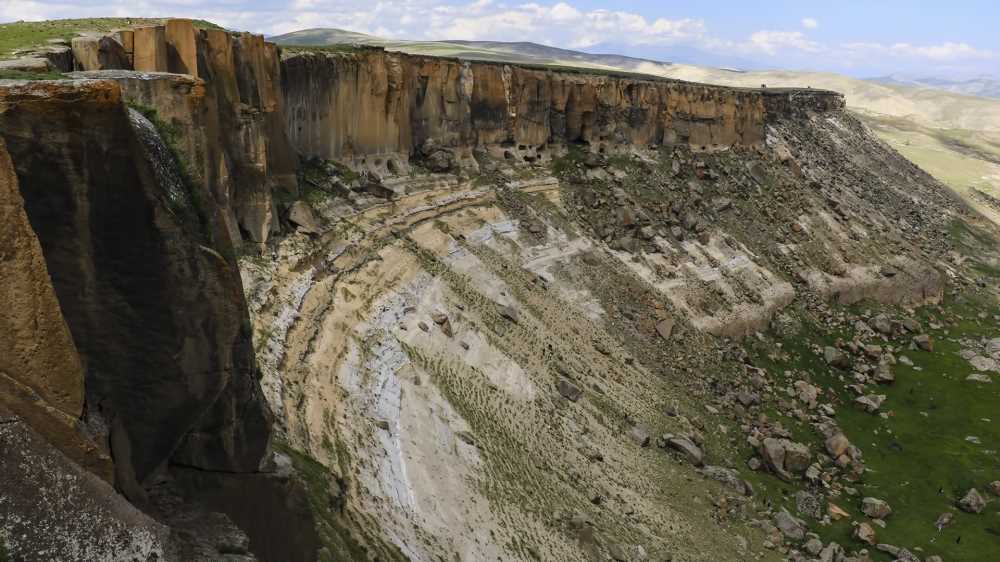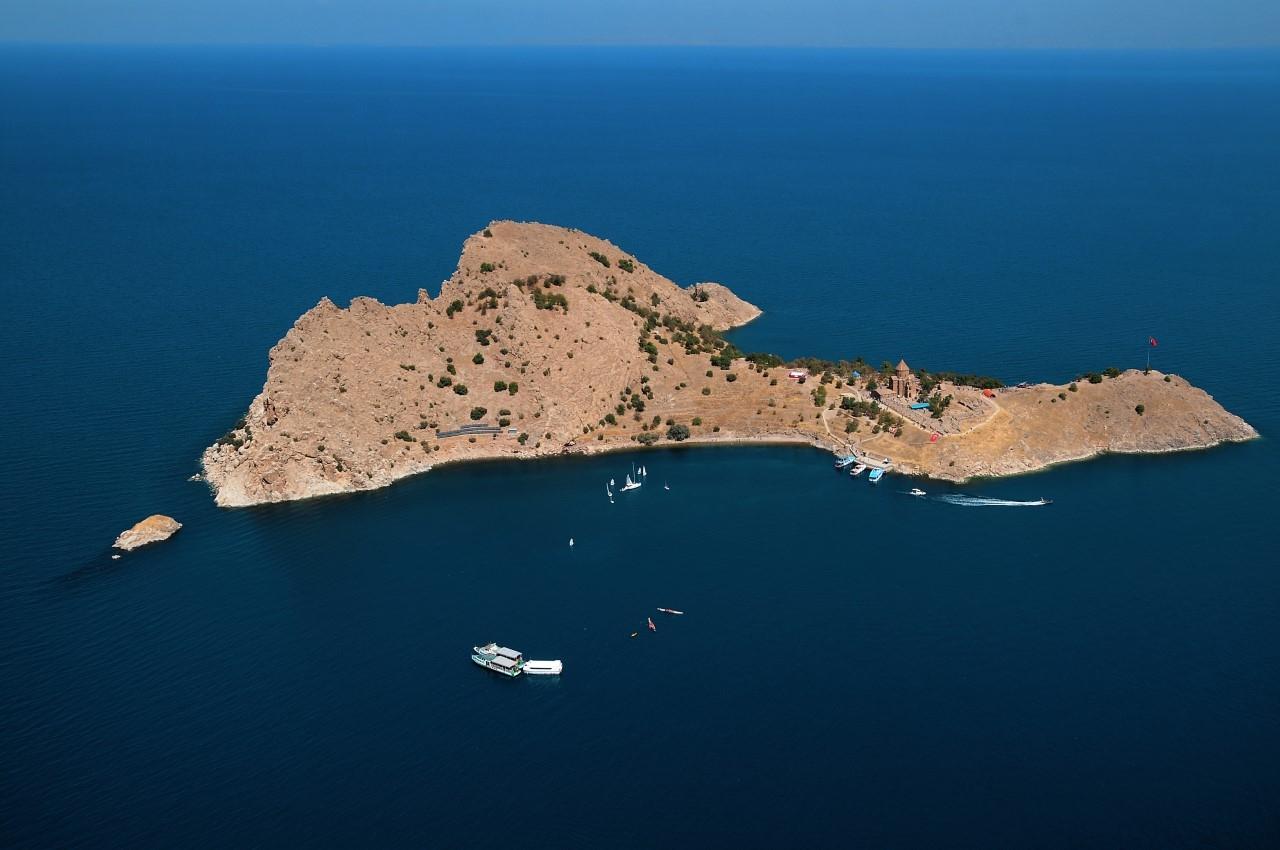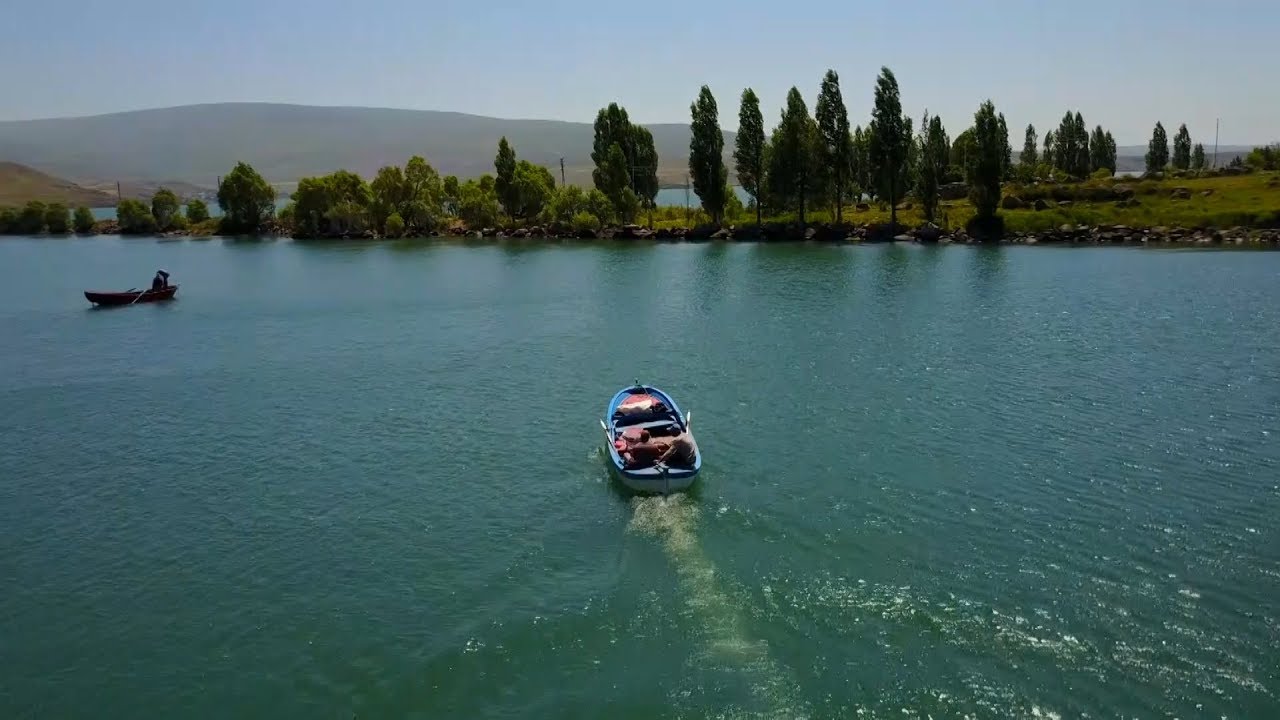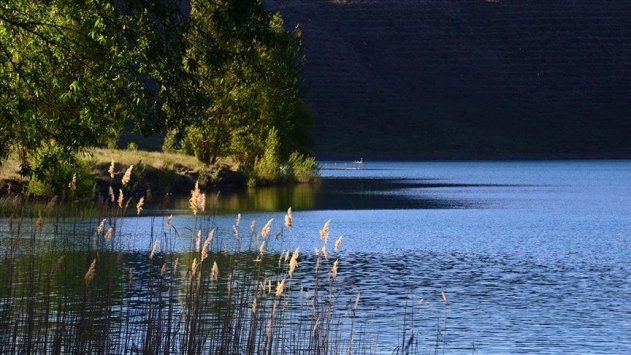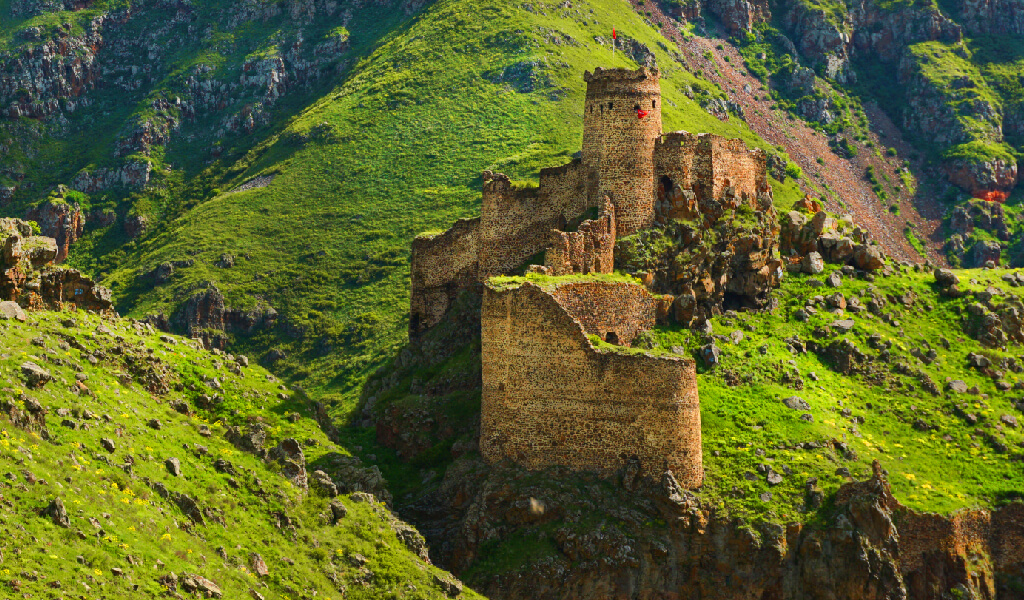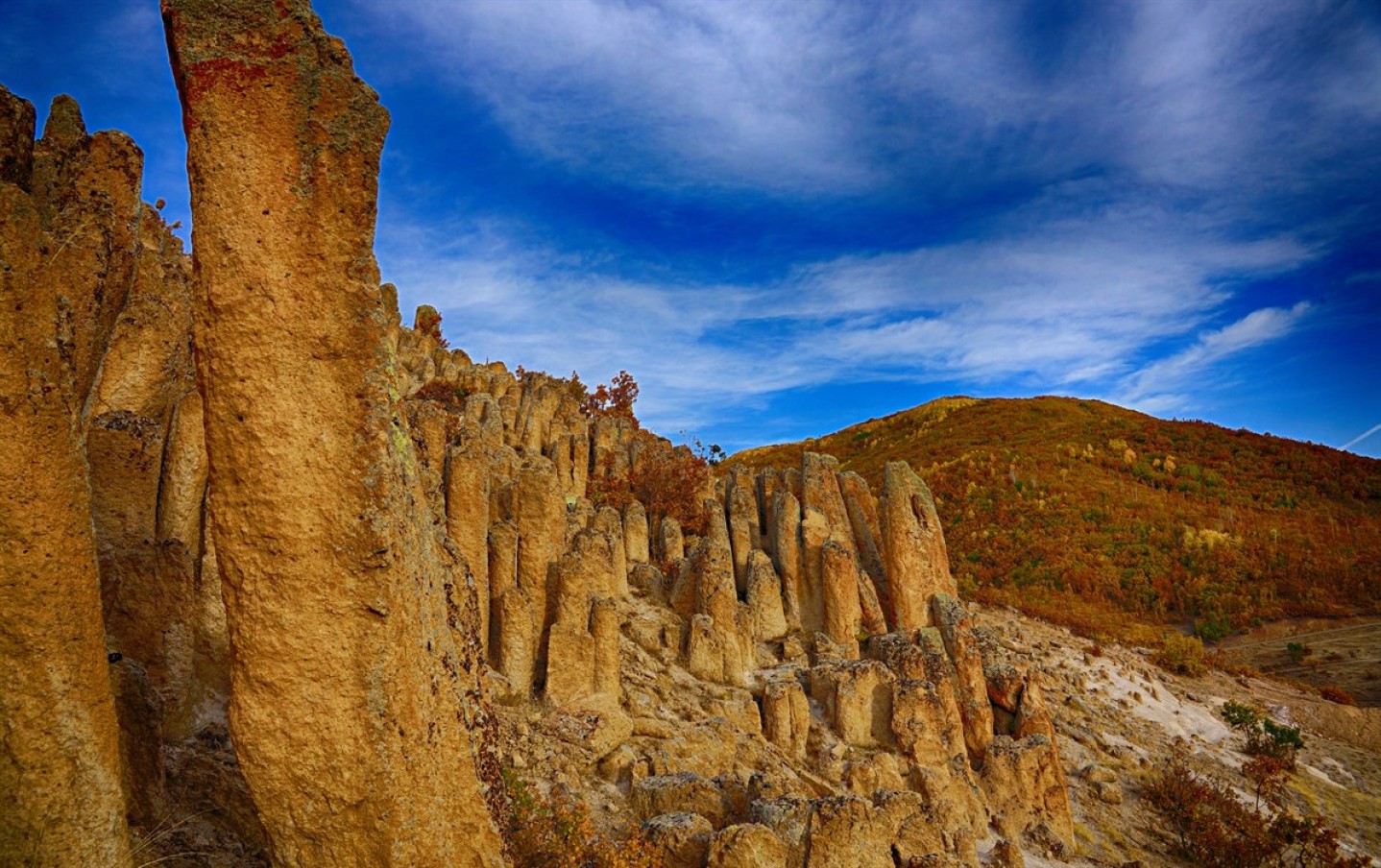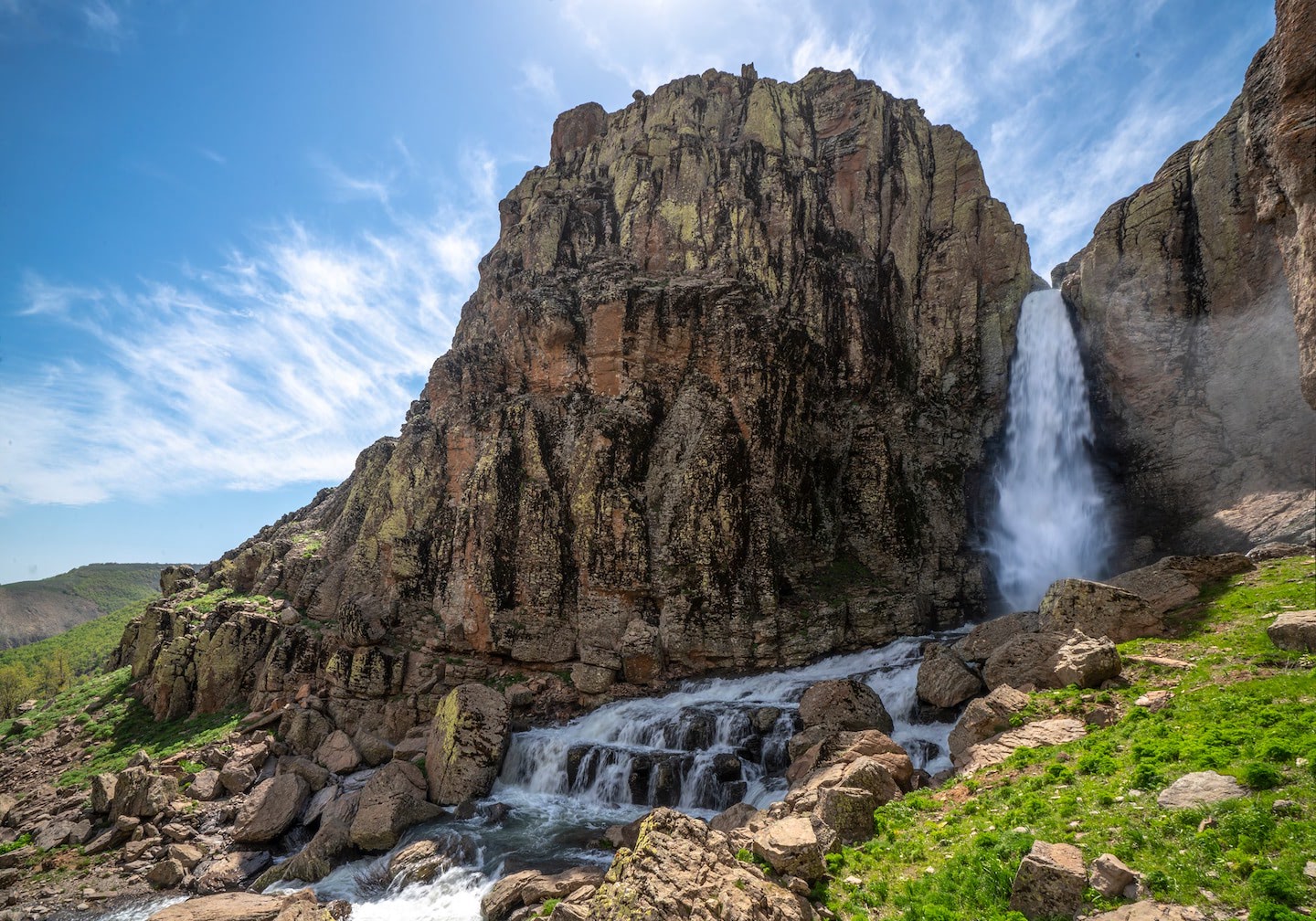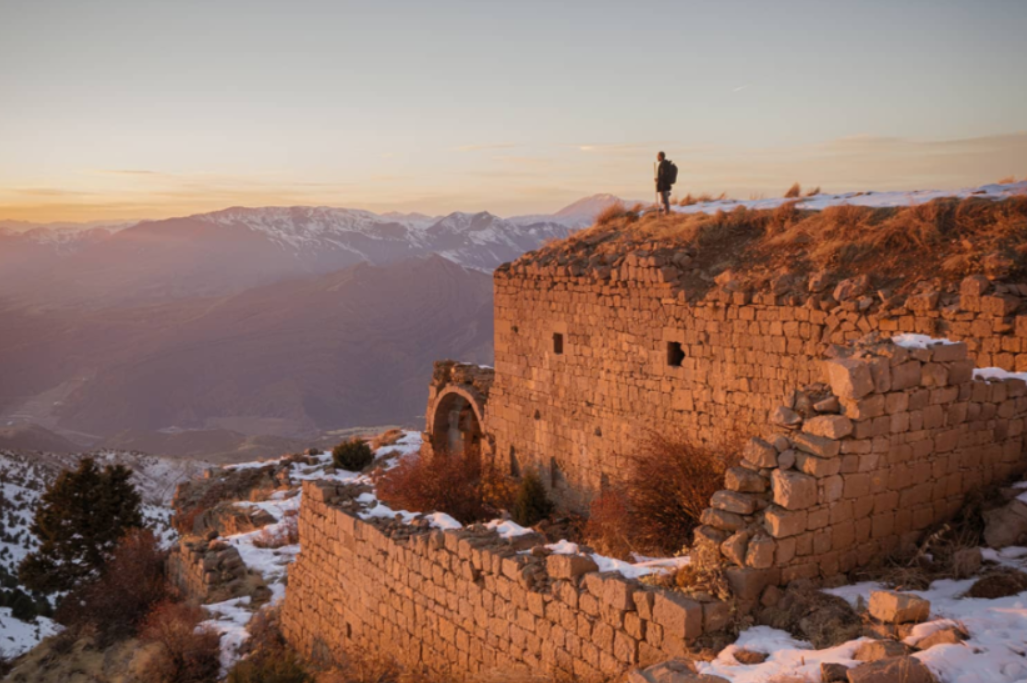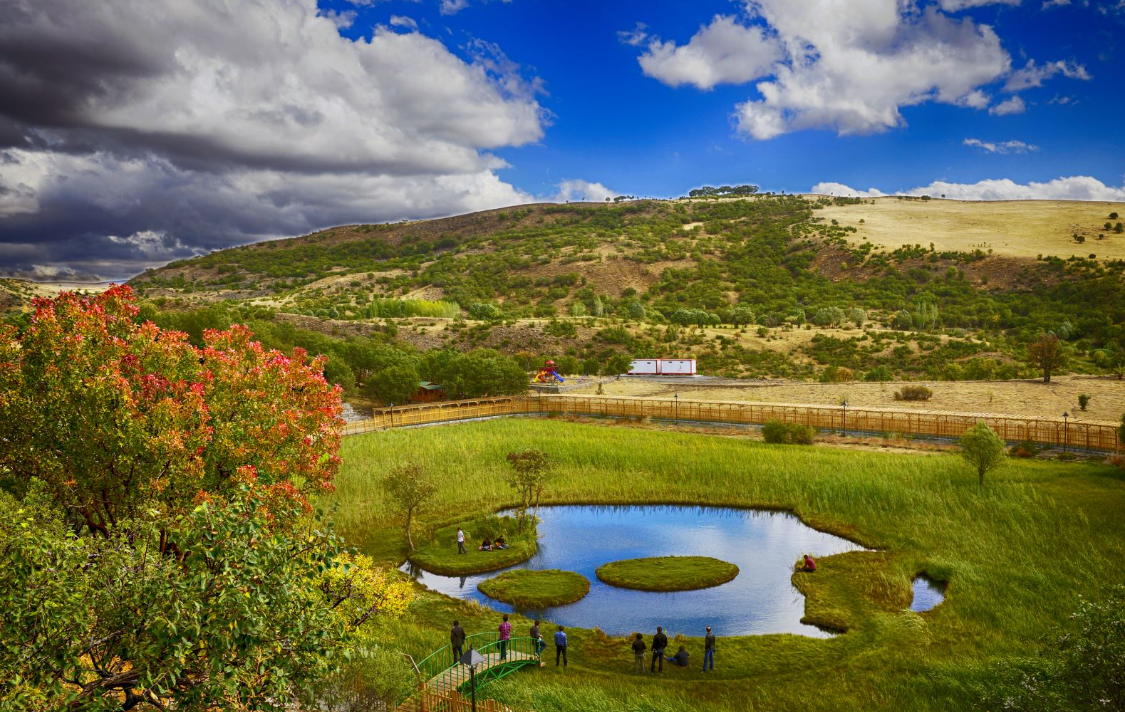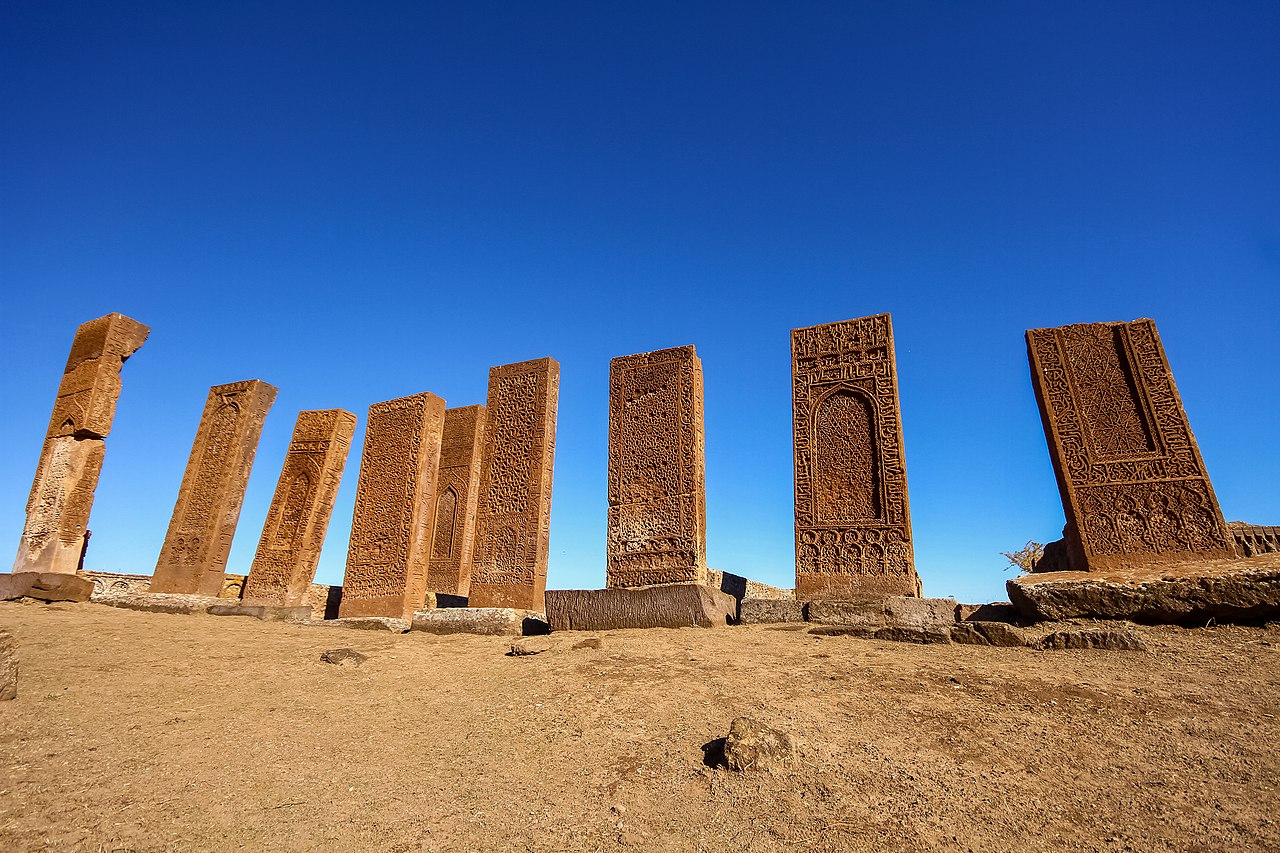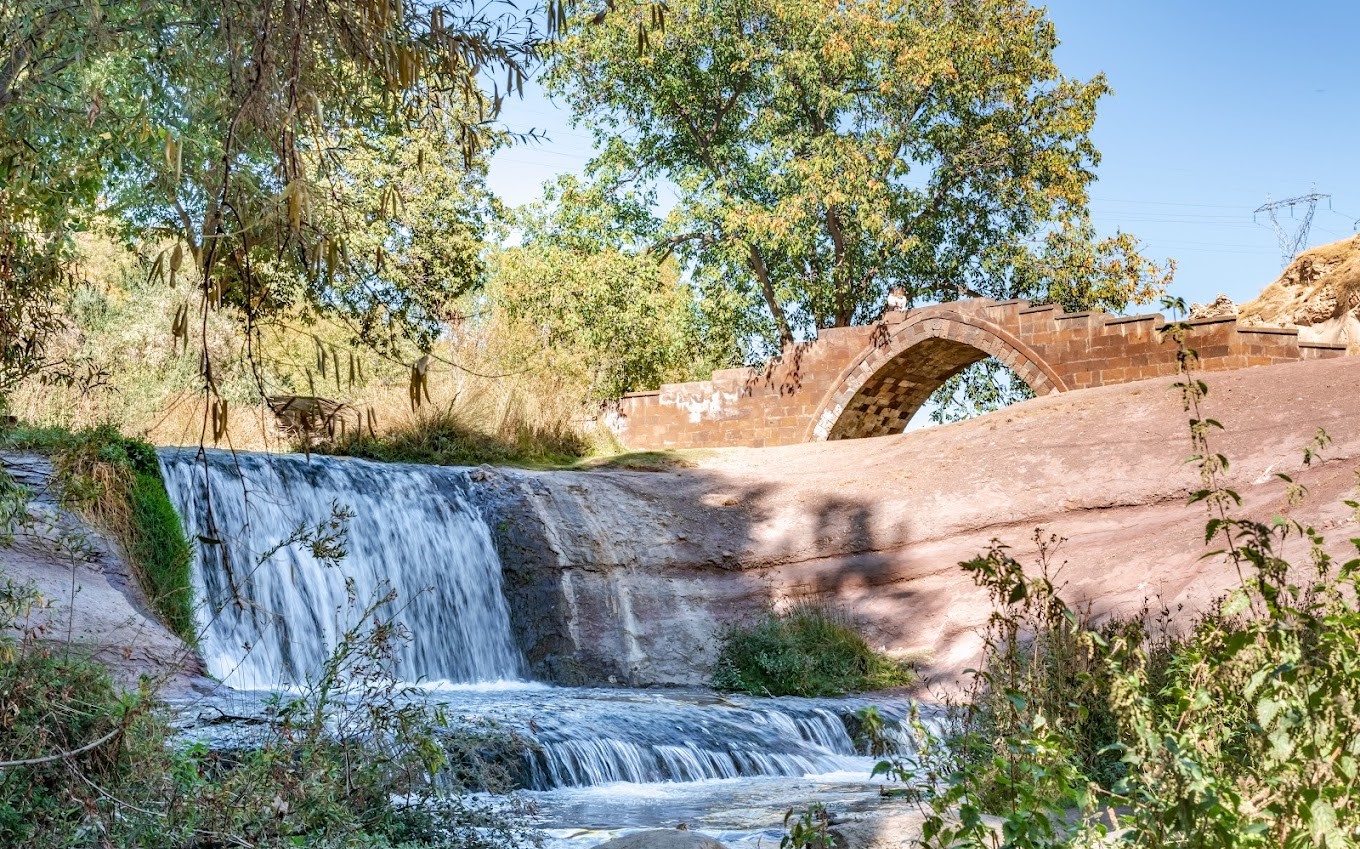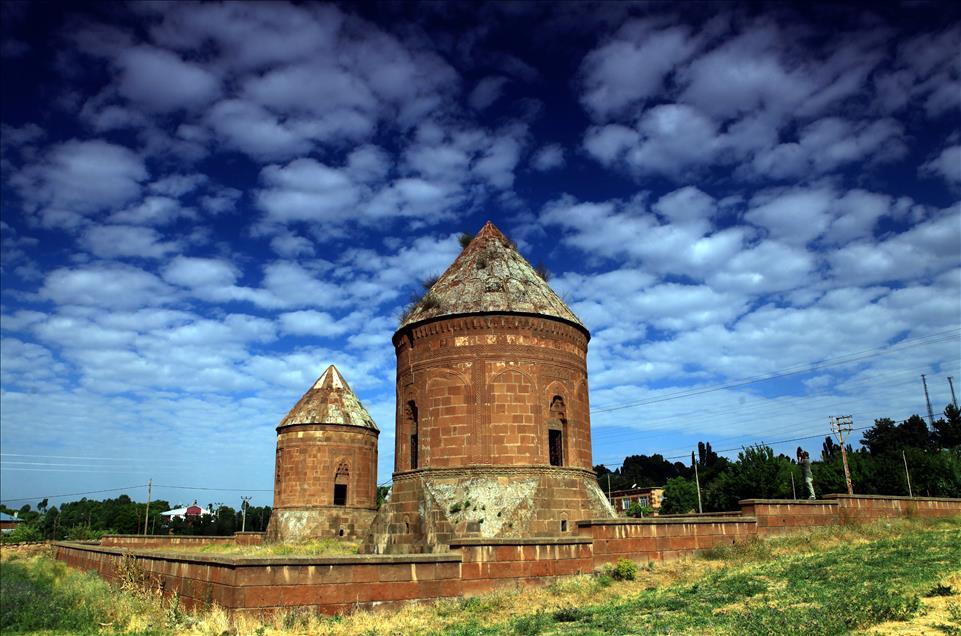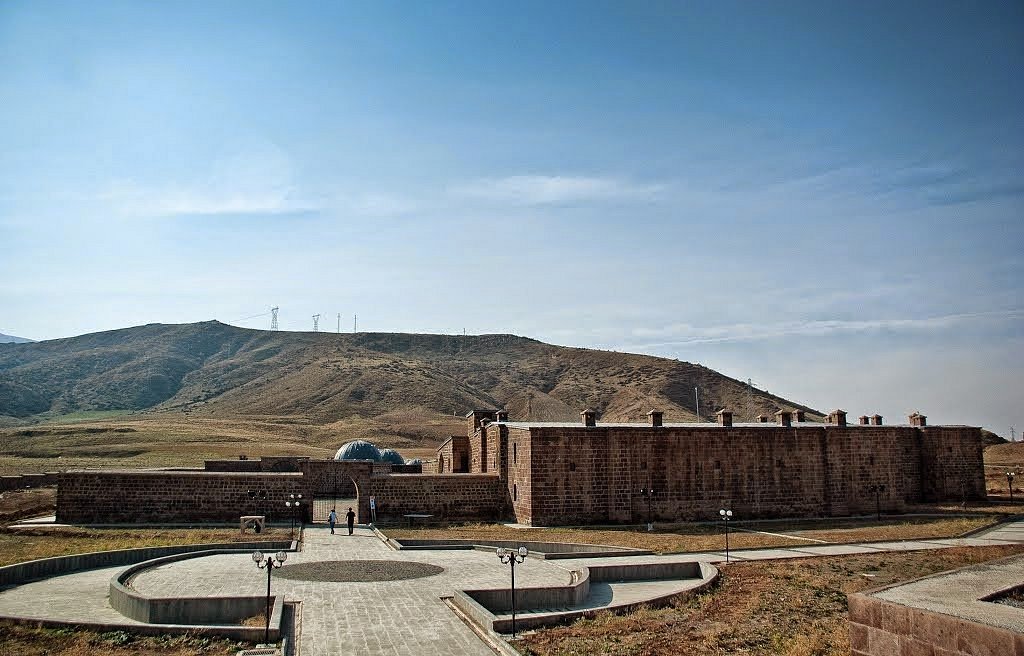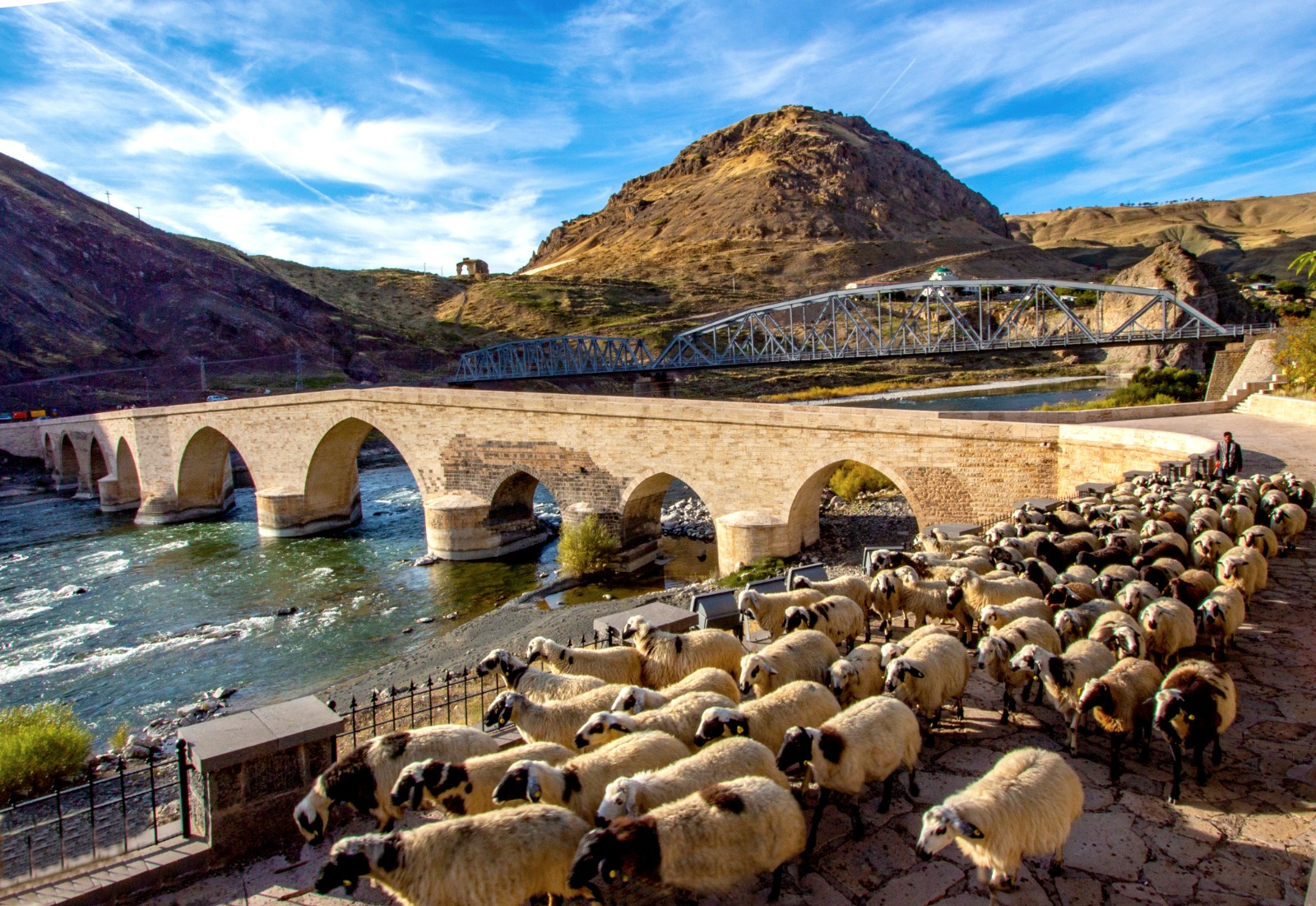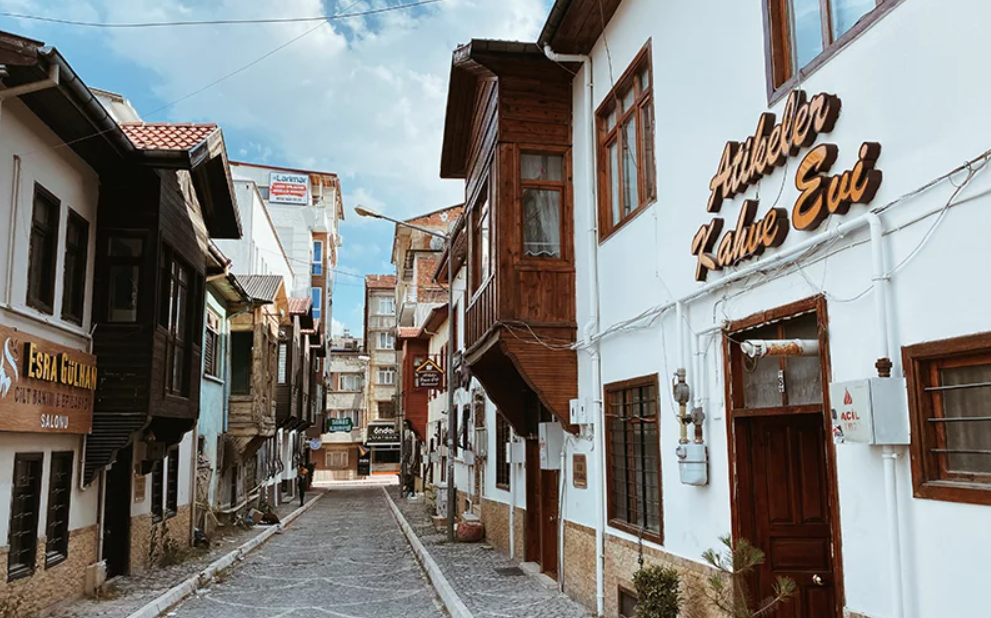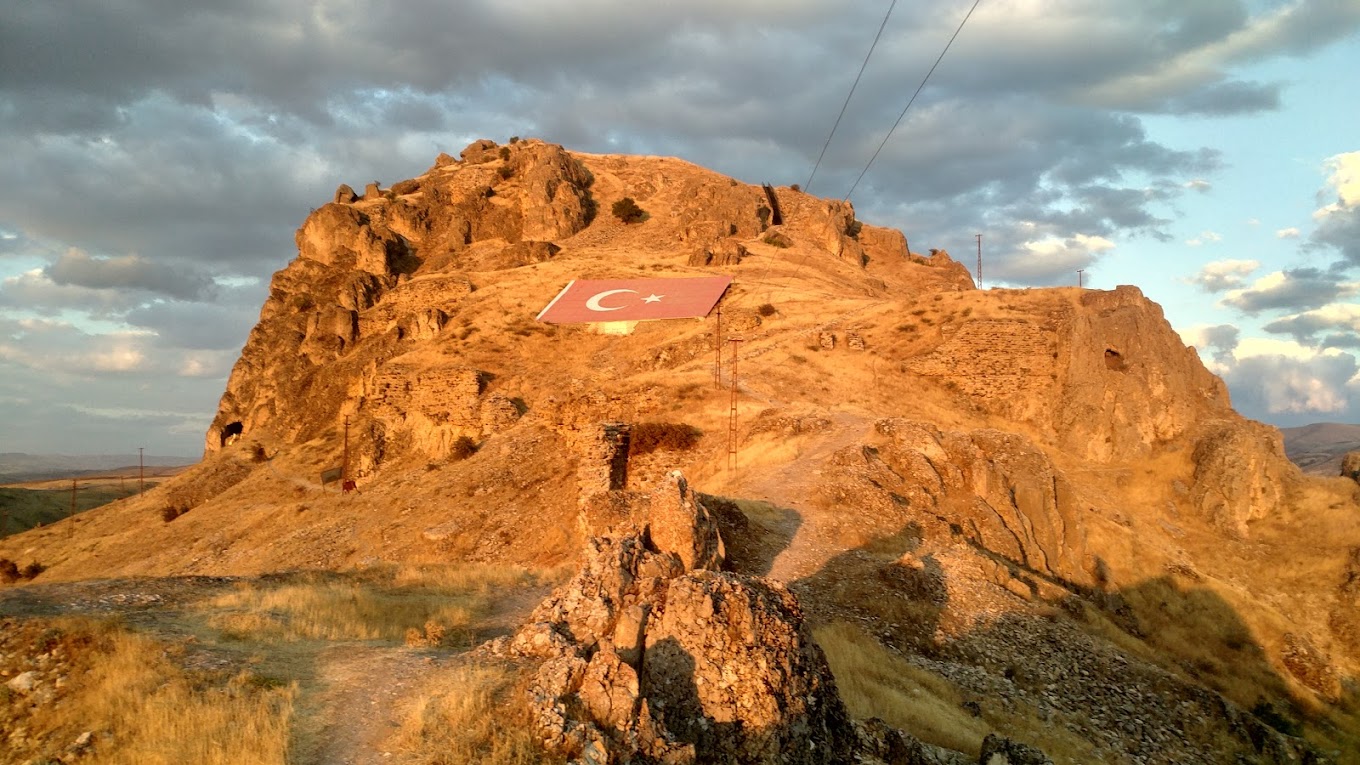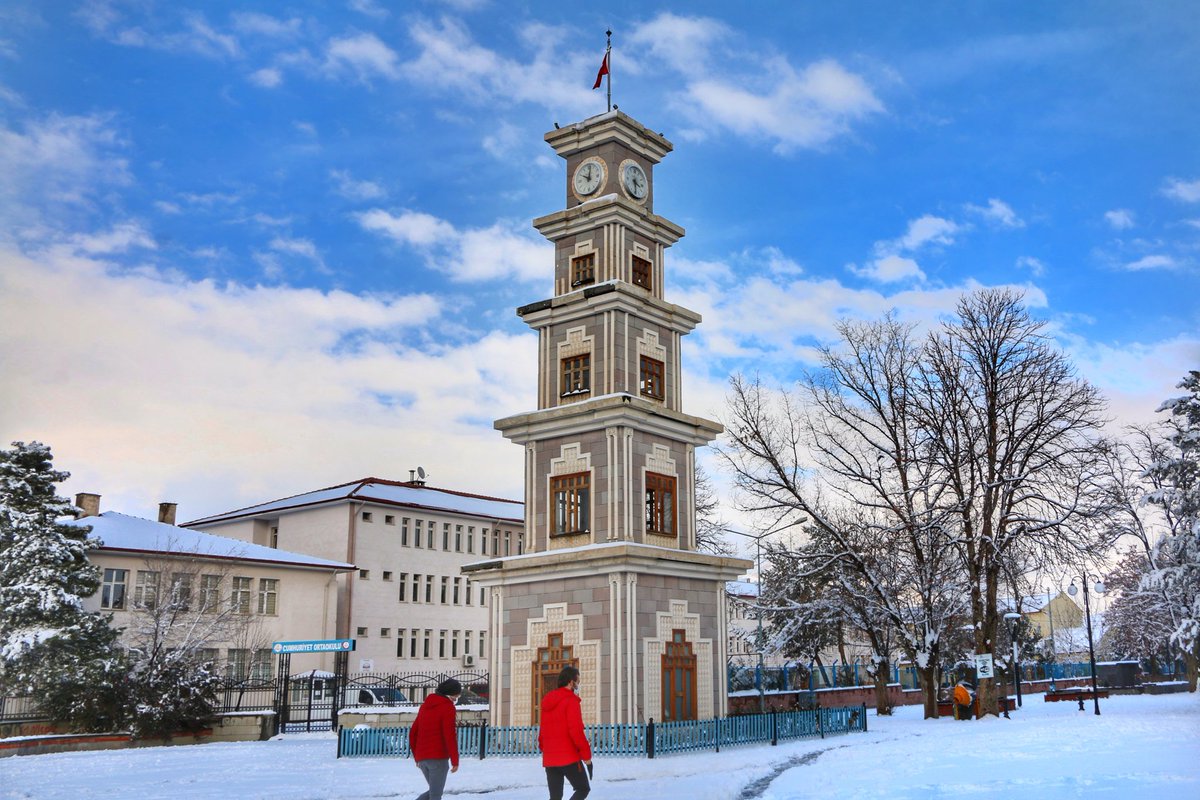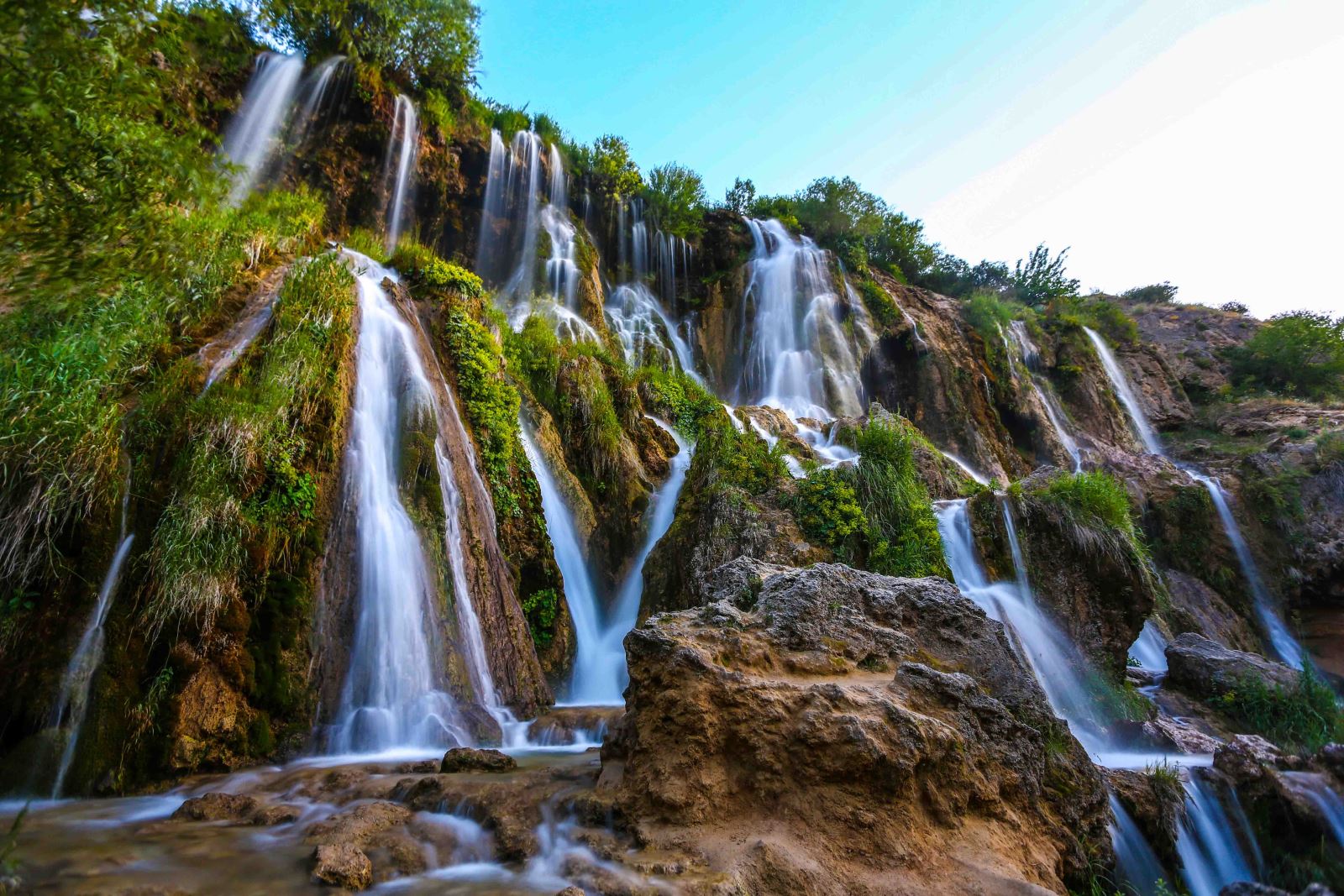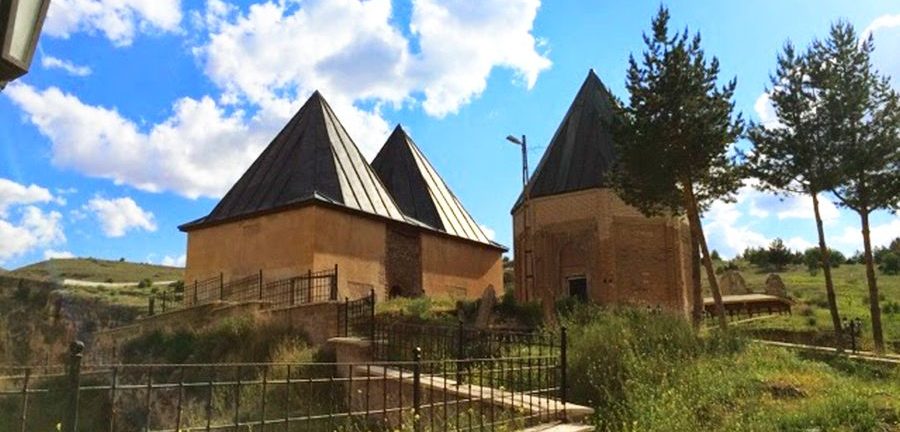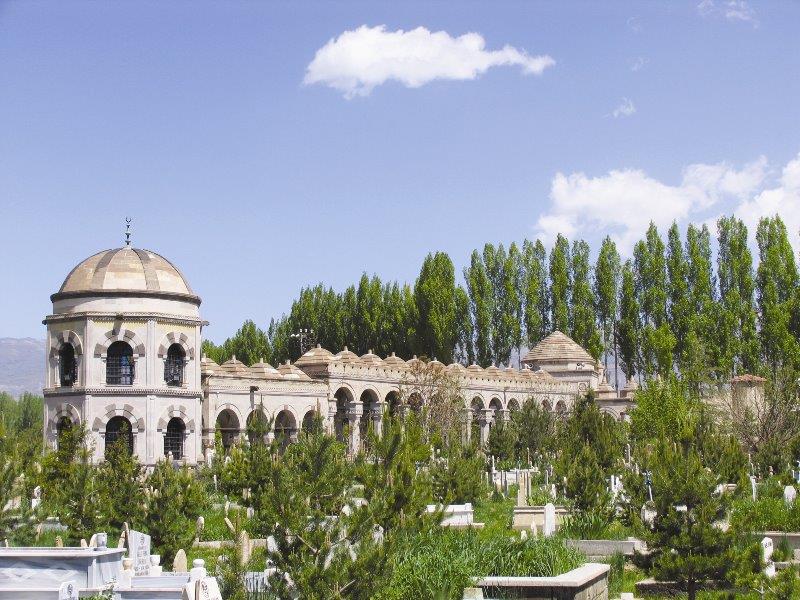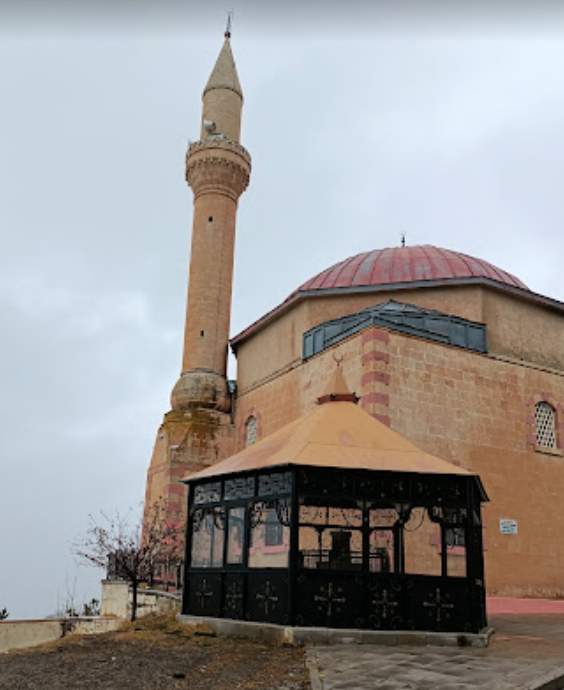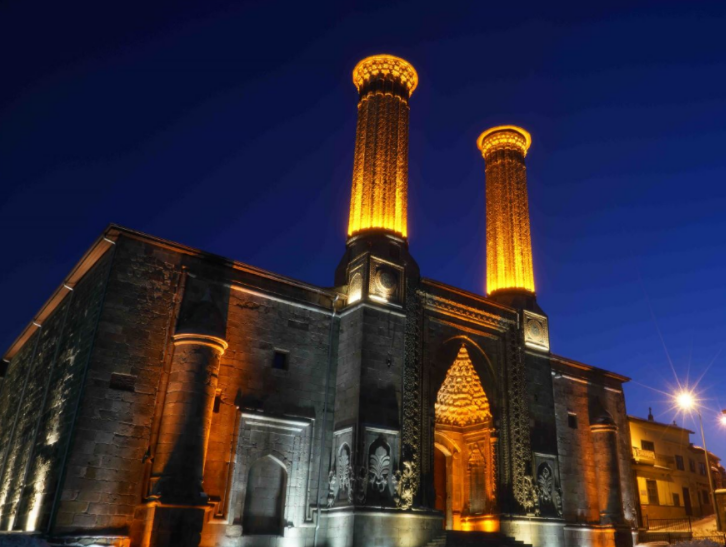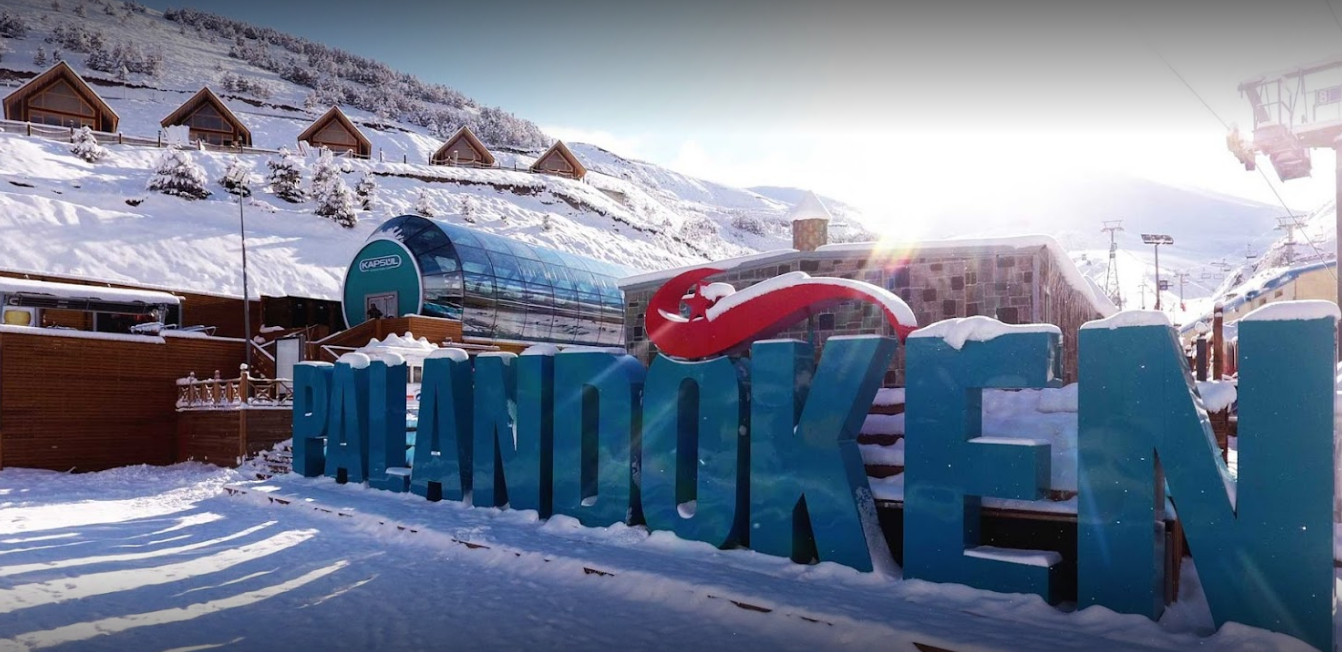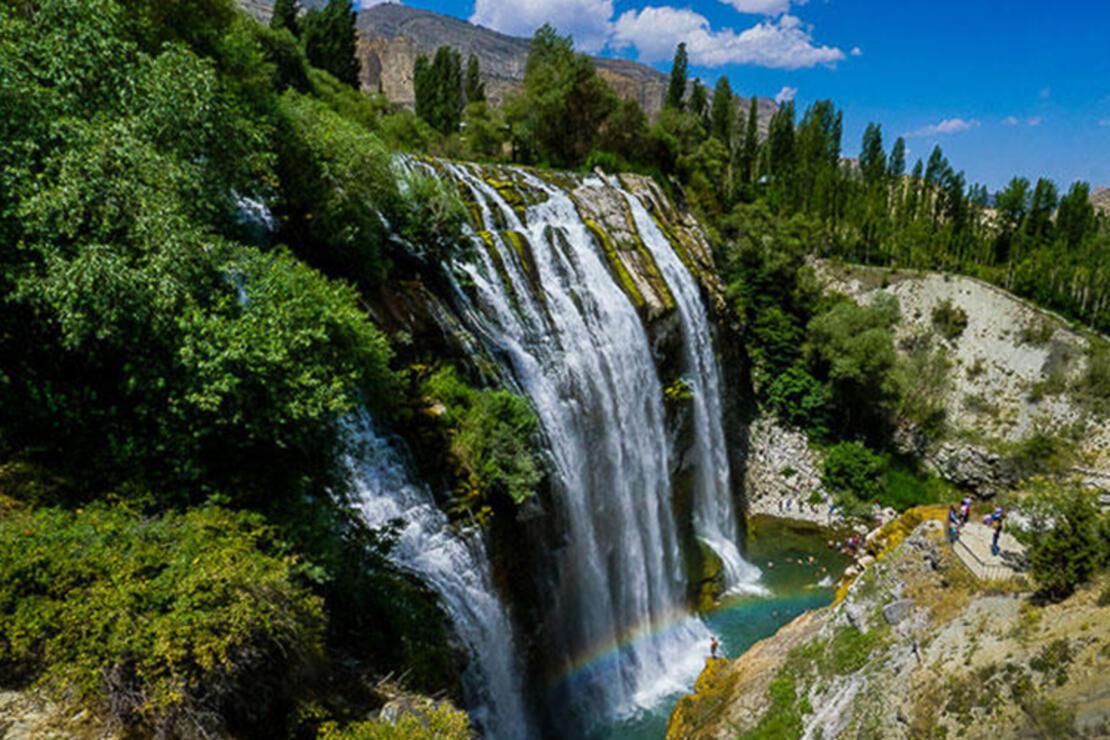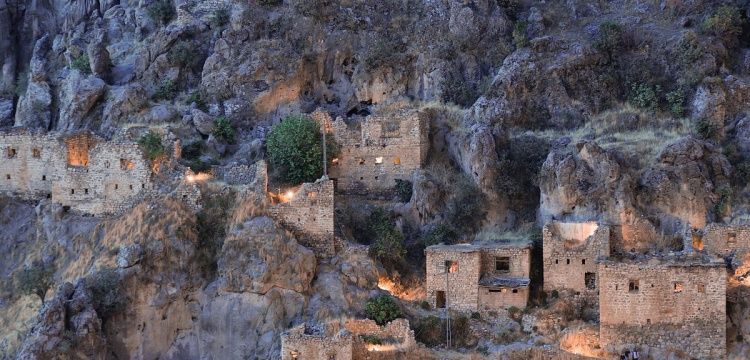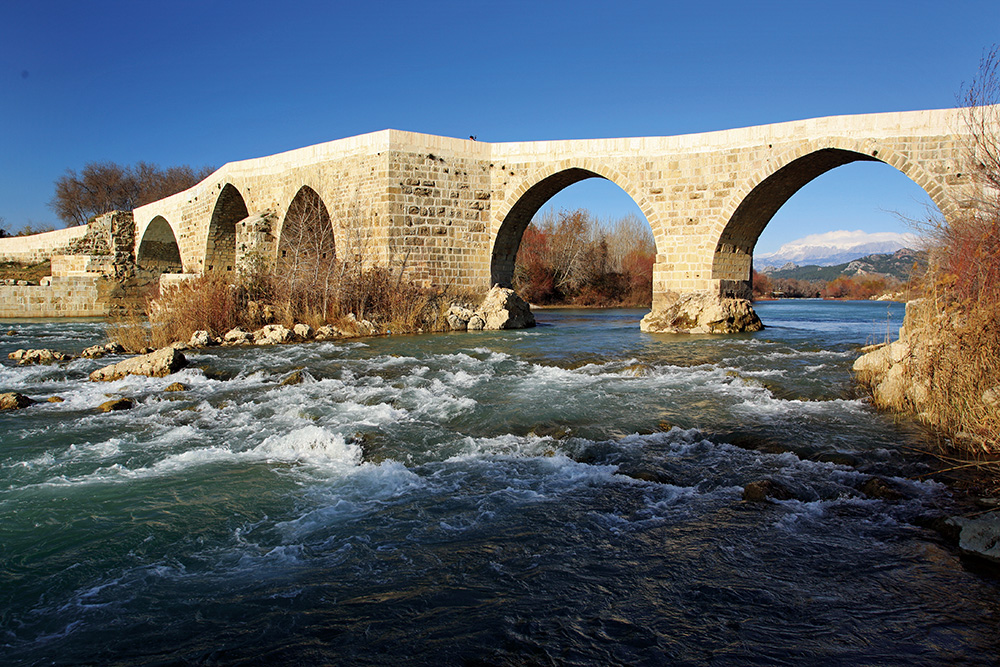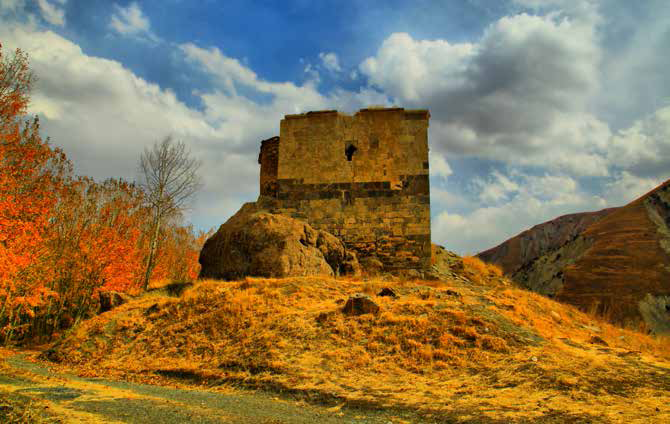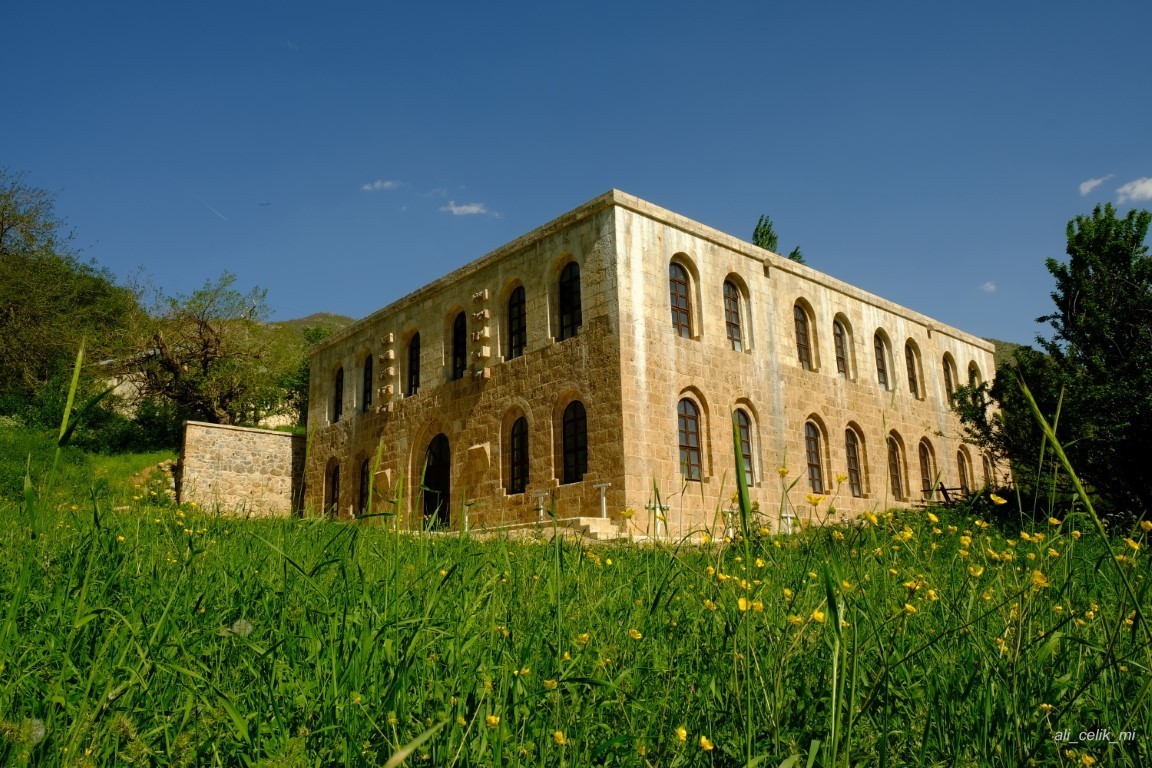Transfers
Korkut
The old name of the town, "Til", was first recorded in the document of the Armenian historian Stepanos Asoğik, archived on the Wayback Machine site on July 3, 2015. in the middle of the 11th century. According to Asoğik's testimony, Vasil I (Basileios) of Armenian origin, who was elected as the Byzantine emperor in 867, was originally a Til peasant. Til, originally an Aramaic (Syriac) word, means "mound, man-made hill, tumulus". It is used with the same meaning in regional languages such as Armenian, Kurdish and Arabic. Til, which remained in the status of a subdivision of the central district of Muş for a long time, took the name Korkut in 1964.
In addition, Yünören Mosque is located in the district of Muş Korkut. The entrance door of the mosque is in a rectangular molding. It is framed with moldings made around it, and the façade section has been brought to life with trusses of different sizes. There is an inscription on the belt. The epitaph is enclosed in a pointed arched cavern with ornaments. The inscription was destroyed due to natural disasters. Since there is spillage in the inscription written in two lines, it cannot be read well. It has triangular floral motifs on it. Before entering the venue, it has a descending and rectangular section. They are covered with three cross-tones. There is a mihrab to the right of the entrance of the mosque. There are moldings on both sides of the mihrab. A window was built slightly higher than the ground and to the west.
The literacy rate throughout the district is 70%. The basis of the economy is agriculture and animal husbandry. Income level is low as there are few irrigated farming opportunities. If the Korkut pond and irrigation channels, which will irrigate 4000 decares of agricultural land, are completed, the income level in the agricultural field will increase. 18.926 decares of land are irrigated out of 109.108 decares of agricultural land. There are 88,000 cattle and 65,000 sheep and goats. The main products grown in the district are wheat, barley, chickpeas, beans, sugar beet, alfalfa, sainfoin, potatoes and cabbage.
Houses in the district are generally made of single-storey mud brick or stone. There is a large family structure with many children. Folk dances are Karma, Kocheri, Botani and Gerandi. In cases of death, condolences are accepted at the funeral home the next day after the burial. Men's and women's condolences are made in separate places. Verses from the Qur'an are read and condolences are offered. Lamentations called "Sadu" are made among women.

